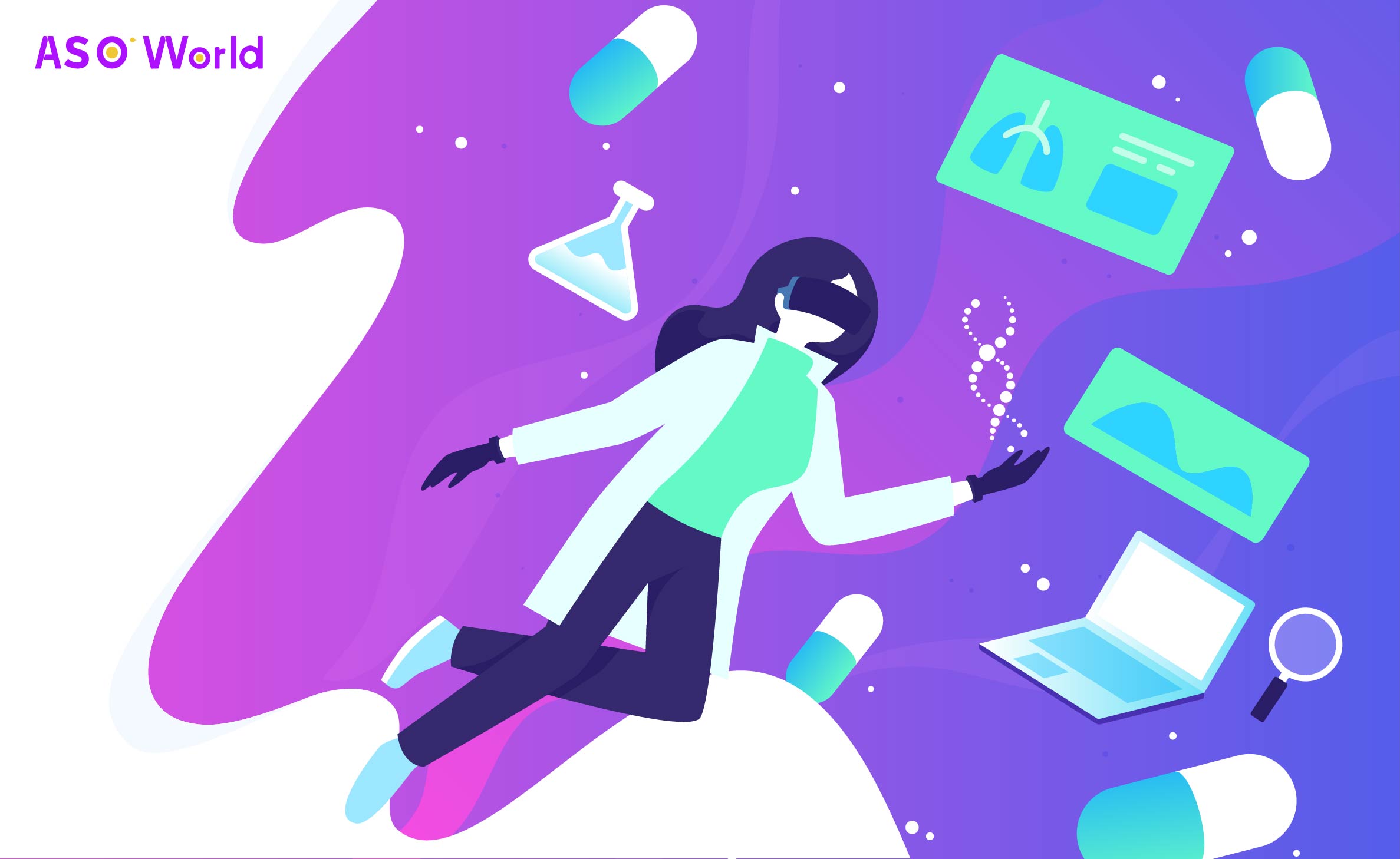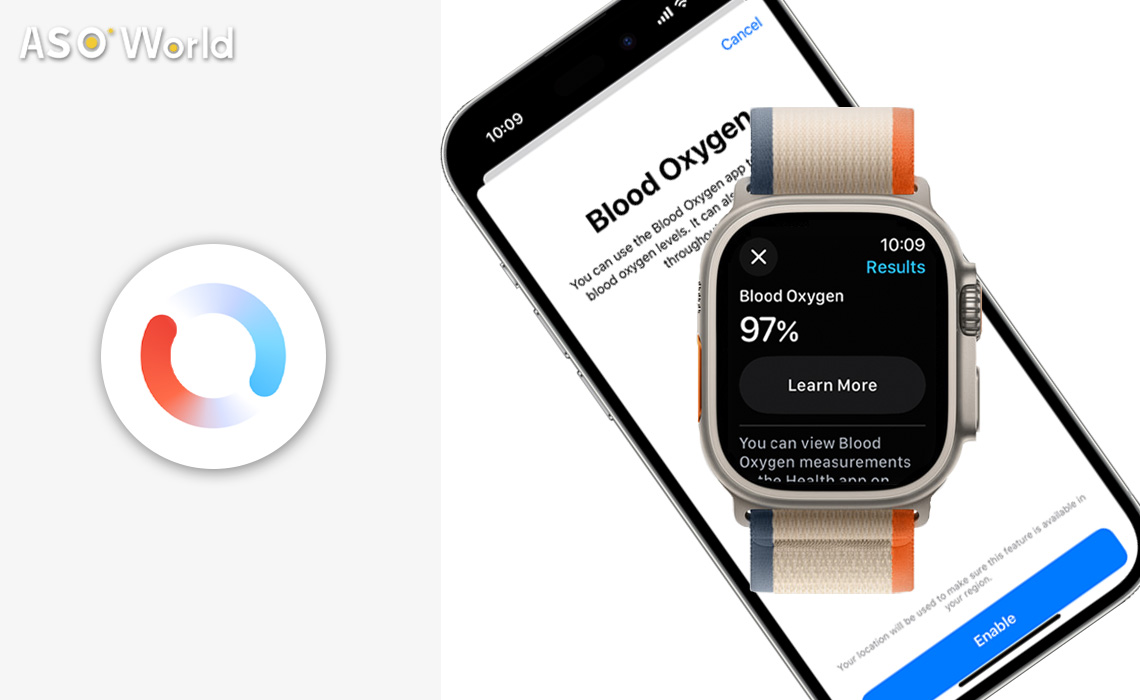Artificial Intelligence (AI) is at the forefront of a transformative wave in drug discovery, offering new hope for tackling complex diseases.
Dr. Alex Zhavoronkov, co-founder and CEO of Insilico Medicine, showcases a pioneering approach using AI to develop a promising treatment for idiopathic pulmonary fibrosis (IPF), a rare lung disease.
This breakthrough represents a broader trend where AI is fundamentally reshaping medical research and drug development.
AI's Role in Modern Drug Discovery
Redefining Drug Development Processes
The integration of AI into drug discovery is revolutionizing traditional methodologies.
Companies like Insilico Medicine are utilizing AI to expedite the identification and creation of potential drug molecules.
AI algorithms analyze vast datasets to pinpoint therapeutic targets and design molecules that can effectively interact with these targets.
This process significantly reduces the time and cost associated with drug development, traditionally a lengthy and expensive endeavor.
The Competitive Landscape: Key Players and Innovations
The race to harness AI for drug discovery has attracted both established pharmaceutical giants and innovative startups.
Alphabet's Isomorphic Labs and Recursion Pharmaceuticals are notable entrants, each leveraging AI to uncover novel therapeutic pathways.
Recursion, for instance, employs a supercomputer to generate comprehensive molecular data, facilitating the identification of unexplored genetic targets for cancer treatment.
Challenges and Opportunities in AI-Driven Drug Discovery
Despite its potential, AI-driven drug discovery faces challenges, particularly regarding data availability and bias.
Insufficient or biased data can hinder AI's ability to accurately predict therapeutic outcomes.
Companies like Recursion address this by creating extensive datasets through automated experiments.
The ultimate test for AI-discovered drugs will be their performance in clinical trials, determining their efficacy and safety compared to traditional methods.
The Future of AI in Medicine
A Paradigm Shift in Pharmaceutical Research
As AI continues to evolve, its impact on drug discovery could lead to more efficient and successful outcomes.
Experts believe that while AI will not replace pharmaceutical scientists, it will enhance their capabilities, reducing failures and fostering collaboration between human expertise and machine intelligence.
The potential for AI to revolutionize medicine is vast, promising accelerated development of treatments for previously untreatable diseases.
Editor's Comments
The integration of AI into drug discovery marks a significant shift in the pharmaceutical industry.
By streamlining the identification and development of new drugs, AI offers the potential to address unmet medical needs more effectively.
However, the field must overcome challenges related to data quality and validation through clinical trials.
As AI technologies mature, they hold the promise of transforming healthcare by enabling personalized medicine and improving patient outcomes.




